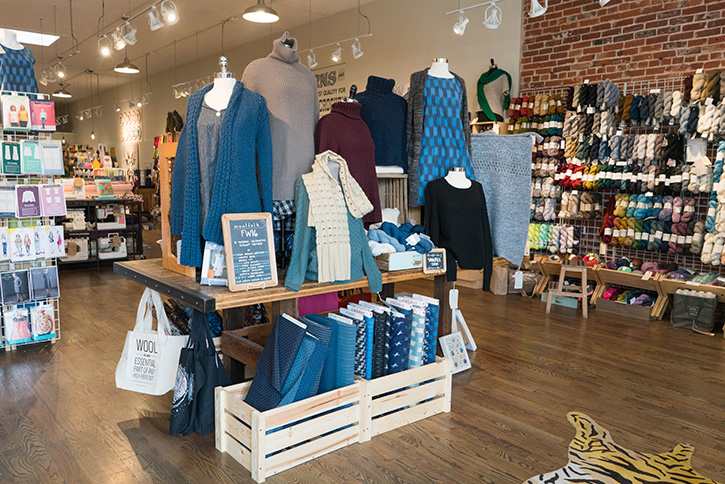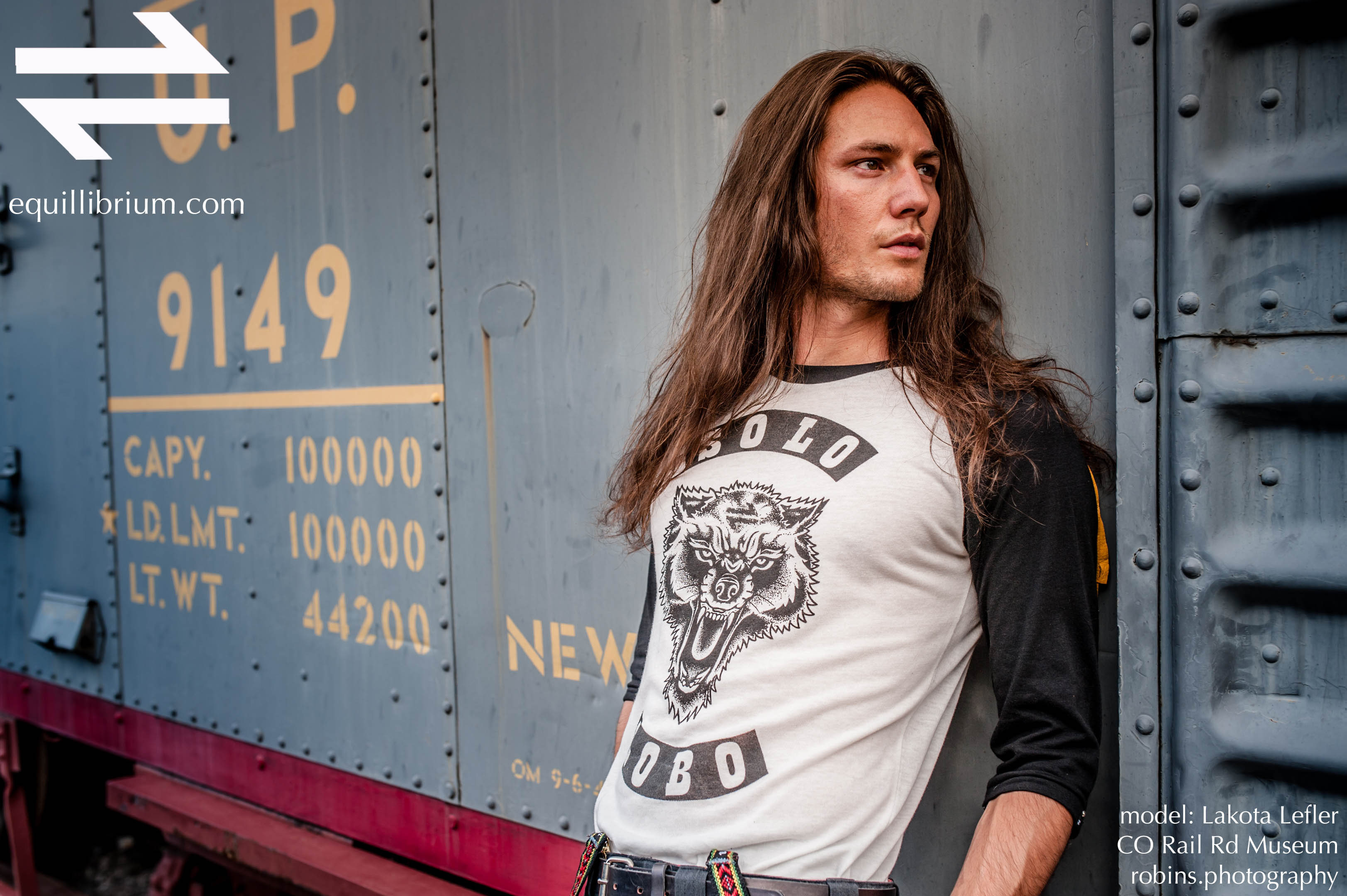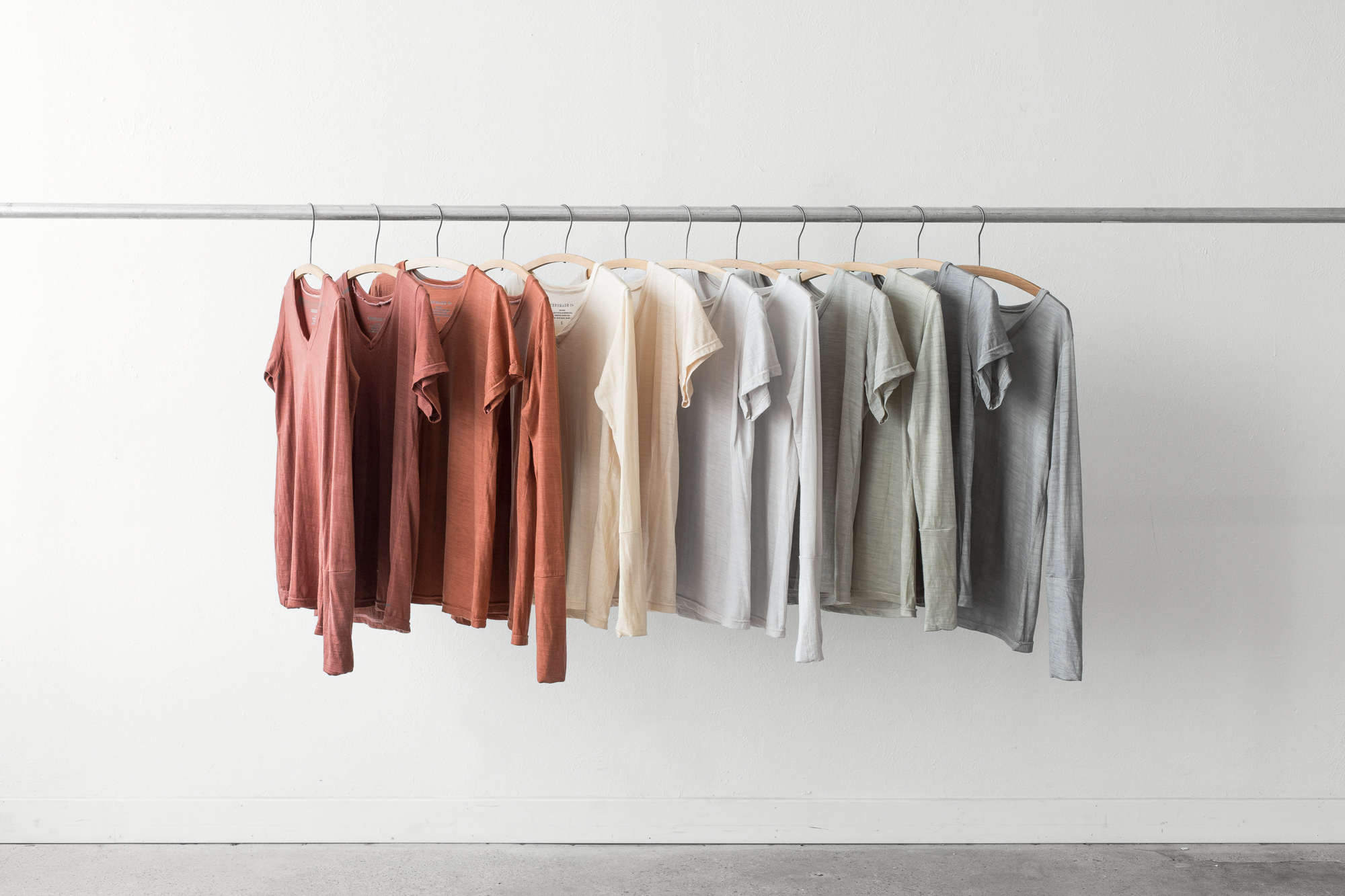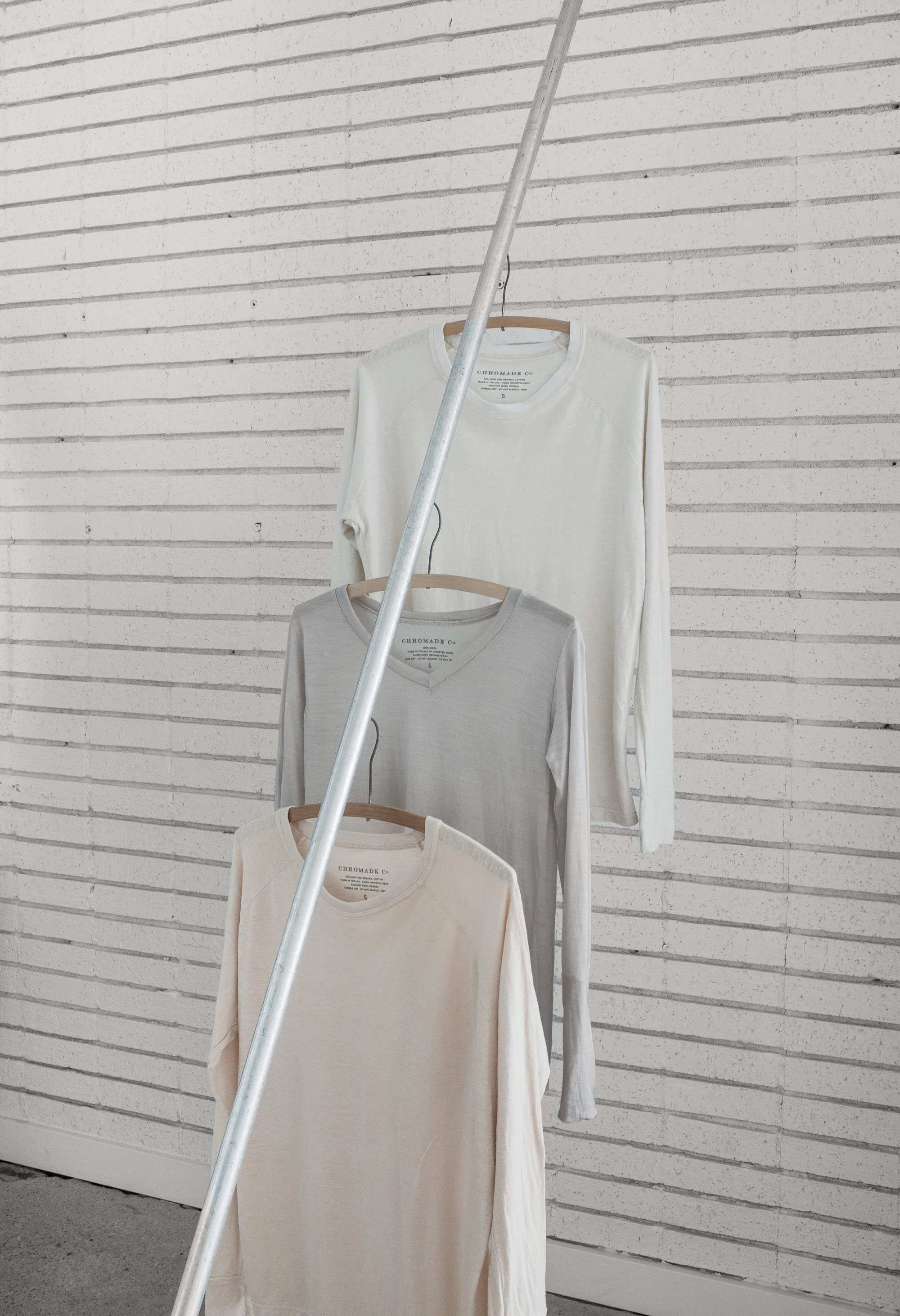We’re all guilty of it. Glossy magazine ads and billboards emblazoned with models wearing the newest trends hit us where it counts — in our wallets. We want what we want immediately, so we head to boutiques and malls for instant gratification, habitually stuck in the fast lane. “Fast fashion has created a situation that brings mass amounts of the same thing into our closets,” explained Anne Fanganello, local clothing designer and owner of AnnaFesta. “Clothing is mass produced which makes it lower quality and less creative, and it puts inexpensive knock-offs into your closet.”
In response, a counterculture of thoughtful designers and artisans has stepped up to educate against this process of consumption, extolling the virtues of what has become known as slow fashion. This form of purchasing power revolves around the principles of sustainability, ecological consciousness and ethical treatment. We recently sat down with a few of Denver’s leaders of this movement to see what slow fashion is all about.

Jamie Jennings and Amber Corcoran started teaching about slow fashion ten years ago. Photo by Meg O’Neill Photography
Fancy Tiger Crafts owners, Jamie Jennings and Amber Corcoran are some of the first to bring slow fashion home. These revolutionary women started teaching the movement’s benefits in their DIY boutique 10 years ago through empowering modern crafters to create their own clothing. Fancy Tiger Crafts has now grown to include three classrooms offering a wide variety of crafting classes and an abundance of sustainable and socially-conscious materials that Jennings and Corcoran select from small farmers and companies.
READ: Denver Crafters Lead the Slow Fashion Movement at Fancy Tiger
“Slow fashion is a way to positively impact the world with my fashion choices,” said Corcoran. “By learning to make things by hand, I can support sustainable, fair trade or local companies that are producing quality materials.” Class attendees come away with the ability to make quality, timeless pieces for their wardrobes and the knowledge of how to put money in the hands of people that are working to benefit society.
“Places like H & M are the McDonald’s of clothing and have ruined our palate.”
Photo by Meg O’Neill Photography
 Deb Henriksen has also embraced sustainability as a key part of her contribution to the local community. She has been a bold, brazen part of Denver’s fashion culture since 2000 when she founded her lifestyle brand, Equillibrium (sic). Over the last 17 years, Equillibrium has grown to include apparel, handbags and accessories in ready-to-wear and couture collections, all made ethically and sustainably with Henriksen’s mission of “thinking globally and acting locally.” As a Leadership in Energy and Environmental Design Accredited Professional (LEEP AP) with the US Green Building Council, Henriksen vehemently opposes practices and brands that are not environmentally conscious and uses Equillibrium is a platform to educate people about the benefits of slow fashion. “Places like H & M are the McDonald’s of clothing and have ruined our palate,” she explained. “It makes what I do so much harder to digest, because their crappy threads and fabrics are at a lower price point, but that’s not what’s good for the environment.” Henriksen admits that her strong opinions have polarized her. Many people she’s met over the years weren’t ready to open their eyes to what she was trying to say.
Deb Henriksen has also embraced sustainability as a key part of her contribution to the local community. She has been a bold, brazen part of Denver’s fashion culture since 2000 when she founded her lifestyle brand, Equillibrium (sic). Over the last 17 years, Equillibrium has grown to include apparel, handbags and accessories in ready-to-wear and couture collections, all made ethically and sustainably with Henriksen’s mission of “thinking globally and acting locally.” As a Leadership in Energy and Environmental Design Accredited Professional (LEEP AP) with the US Green Building Council, Henriksen vehemently opposes practices and brands that are not environmentally conscious and uses Equillibrium is a platform to educate people about the benefits of slow fashion. “Places like H & M are the McDonald’s of clothing and have ruined our palate,” she explained. “It makes what I do so much harder to digest, because their crappy threads and fabrics are at a lower price point, but that’s not what’s good for the environment.” Henriksen admits that her strong opinions have polarized her. Many people she’s met over the years weren’t ready to open their eyes to what she was trying to say.
The tide has definitely turned, with more and more people becoming receptive to what these pioneers have to say. In fact, new designers like Christen Ruff are stepping up and joining the ranks. Ruff is owner and creator of Chromade Co., a new line of foundation clothing designed to complement the wearer’s warm and cool complexion tones. Chromade’s tagline, “Apparel Harmony,” represents the positive cycle the company has with the environment. Ruff’s small-batch garments are made in the United States using natural materials dyed with nontoxic chemicals. It’s a tall order, but Ruff believes it’s not only good for the environment but good for our mental health. “Instead of buying into the vicious fast fashion cycle that promotes constant consumption and spending, slow fashion allows you to choose quality over quantity,” she explained. “Your closet isn’t overflowing with things you liked for a day, because you invest in versatile pieces that you love to reach for again and again.” It’s a breathe or fresh, clean air.
Adhering to slow fashion principles means more time, commitment and upfront investment for companies. Denver’s perpetually rising cost of living has made owning a brick-and-mortar establishment all but unattainable for many of these businesses. The solution seems to be participating in events like the Horseshoe Market, Denver Flea and TheBigWonderful.
“We want to support local artisans and makers and give them a venue where they can sell their goods straight to the customer, so our customers get to truly ‘shop local,’ ” said Amy Yetman, founder and director of the Horseshoe Market. “Probably 70 percent of our vendors hand make their own goods, 20 percent are vintage and antique vendors who salvage, search for treasures and curate beautifully, and then the other 10 percent are entrepreneurs who may not make the goods, but they design them, source their products in ethical ways, and they know who is making the goods in a responsible way.” These events offer craftsmen like Winter Session the ability to spend the extra money it takes to source the leather, denim and hardware they use exclusively from US companies, because they aren’t spending it on large amounts of overhead. They also give conscientious shoppers the opportunity to easily support local businesses. It’s a win-win for the slow fashion community.
On the surface, fashion would seem to be a singular concept, but every purchase is active participation in a collective effort. So, the decision is really more than whether to buy a shirt or not, it’s whether to support a company’s ideals and practices or not. We may not change all of our habits overnight, but we can make an effort to learn about the businesses we support. “I’m always so inspired by not only our makers and entrepreneurs but by our local customers and community who come out to not only shop to engage and learn about the maker and company,” said Yetman. “It’s all around a feel-good endeavor for everyone involved.”





